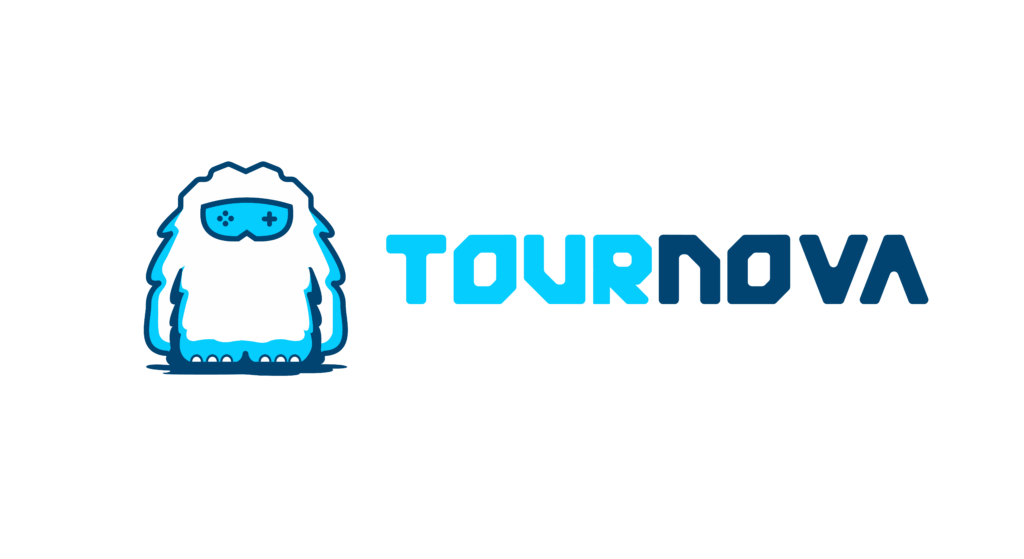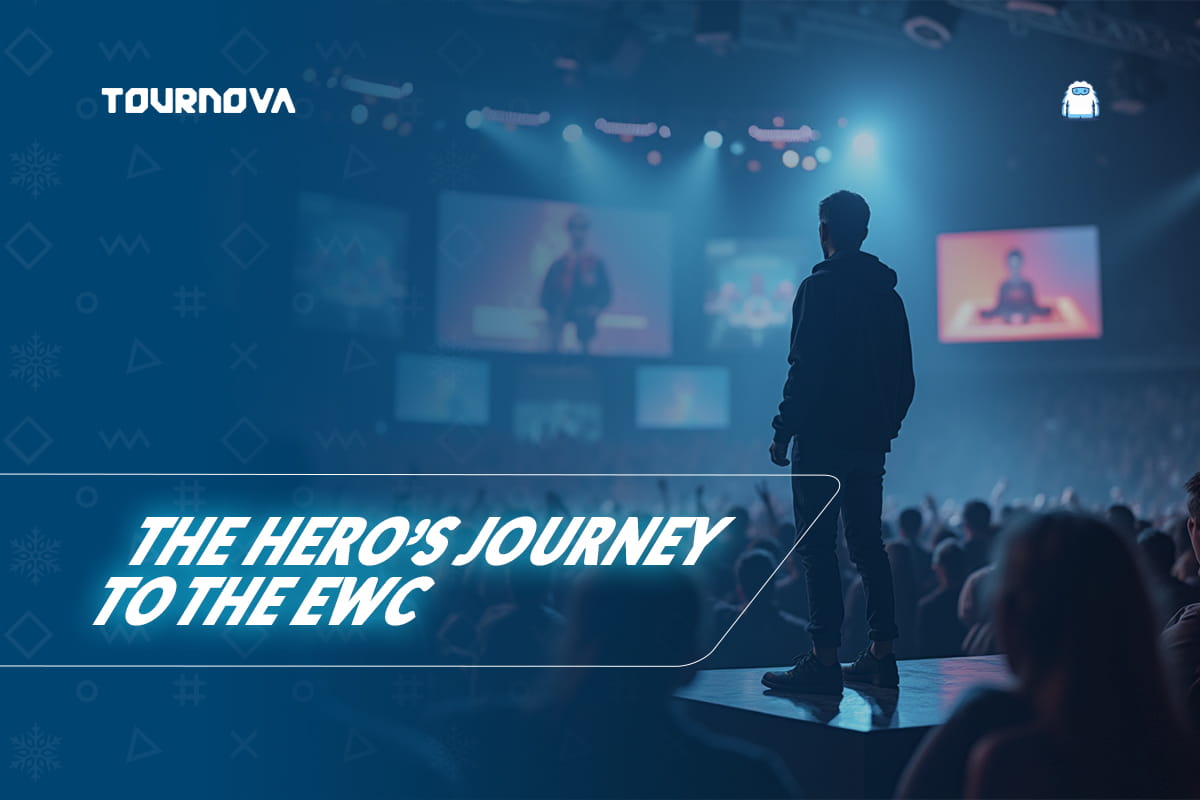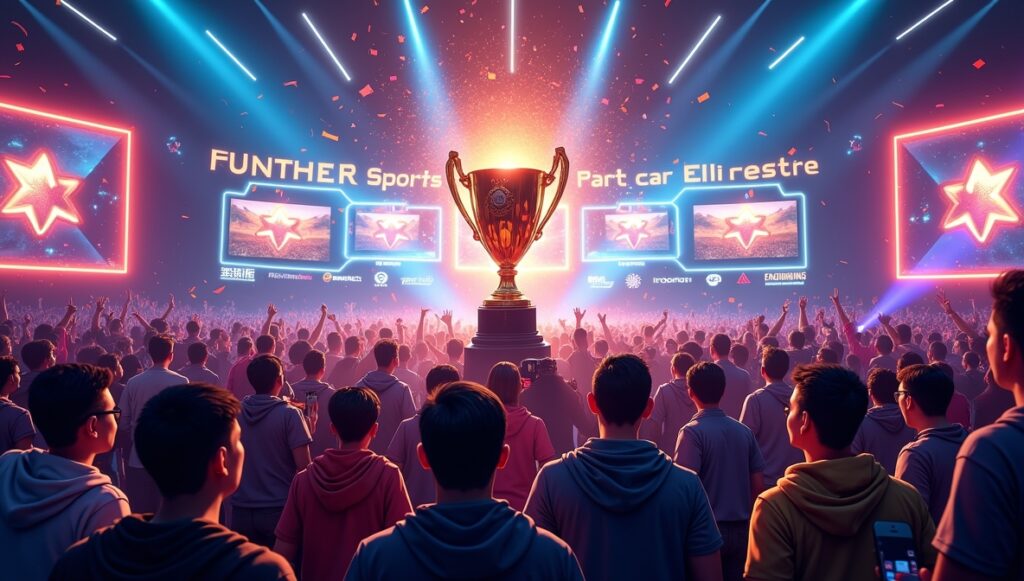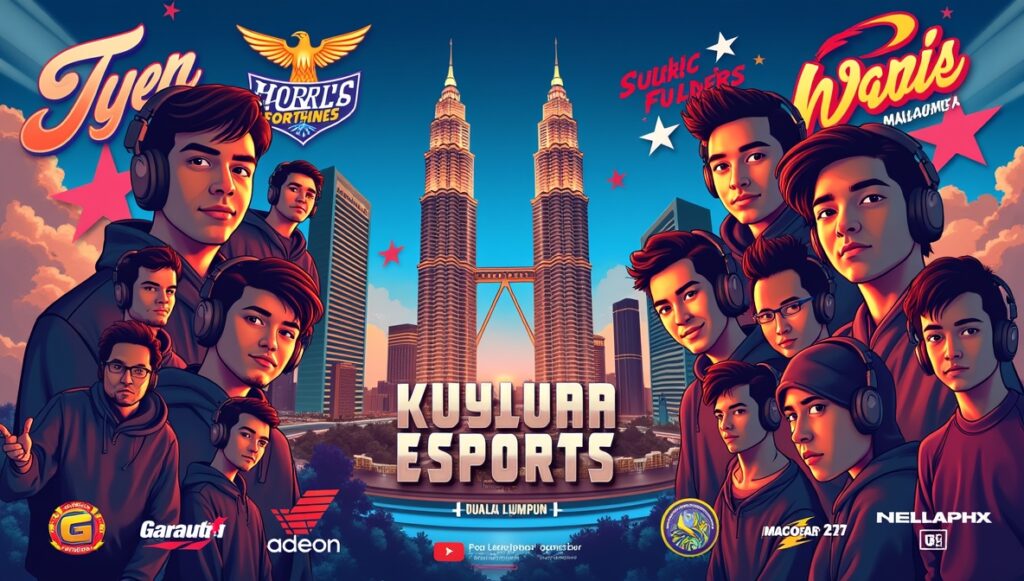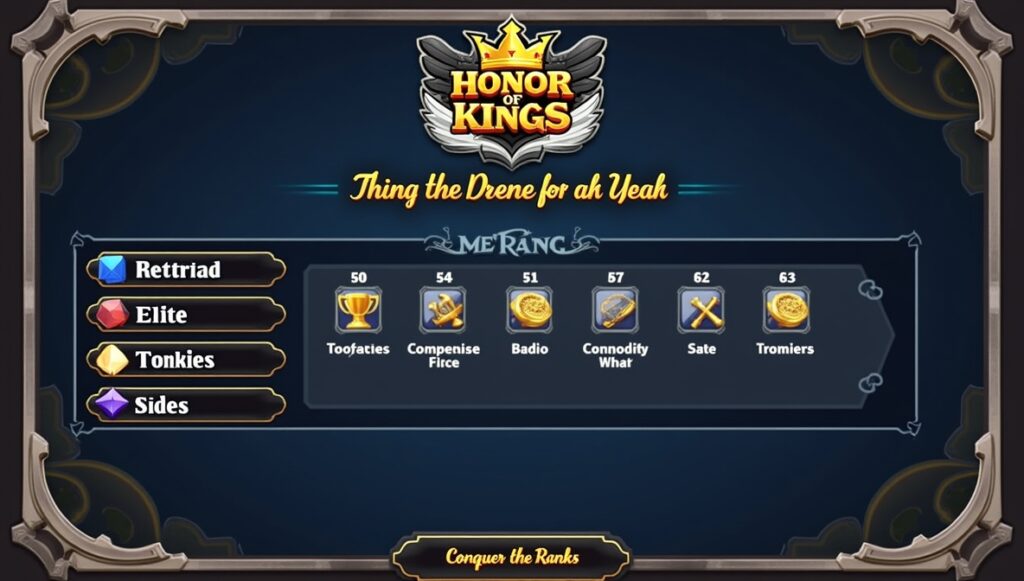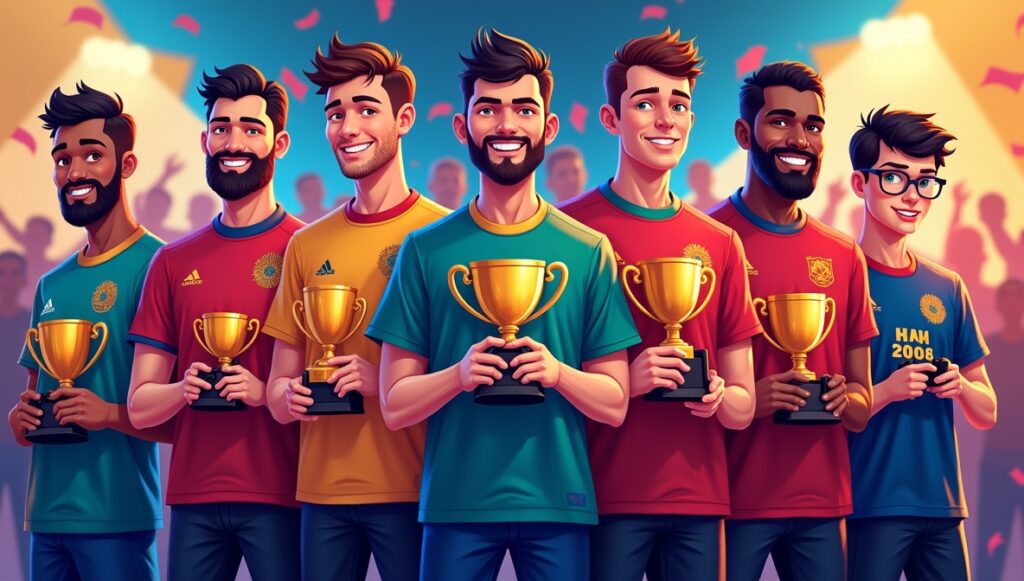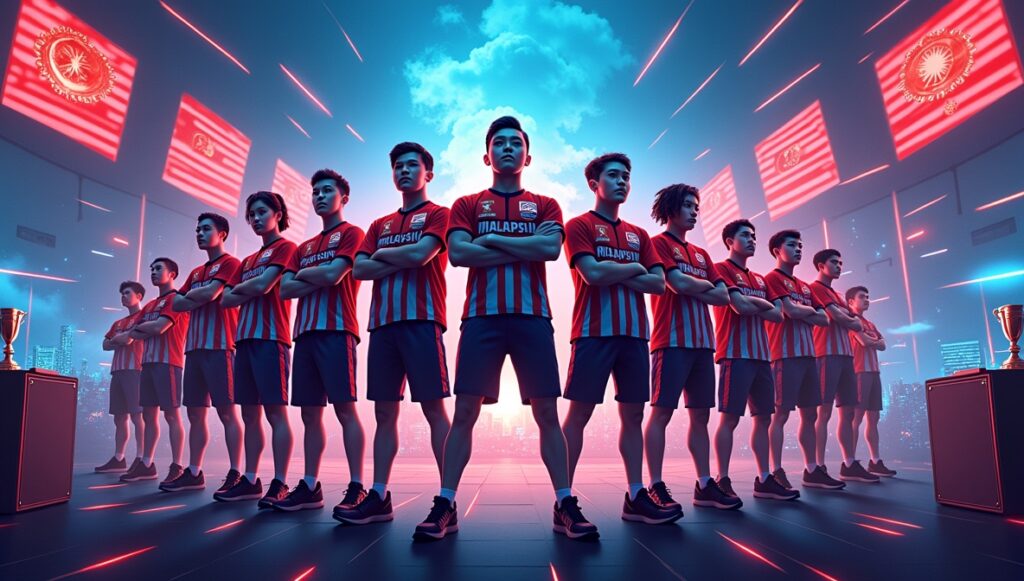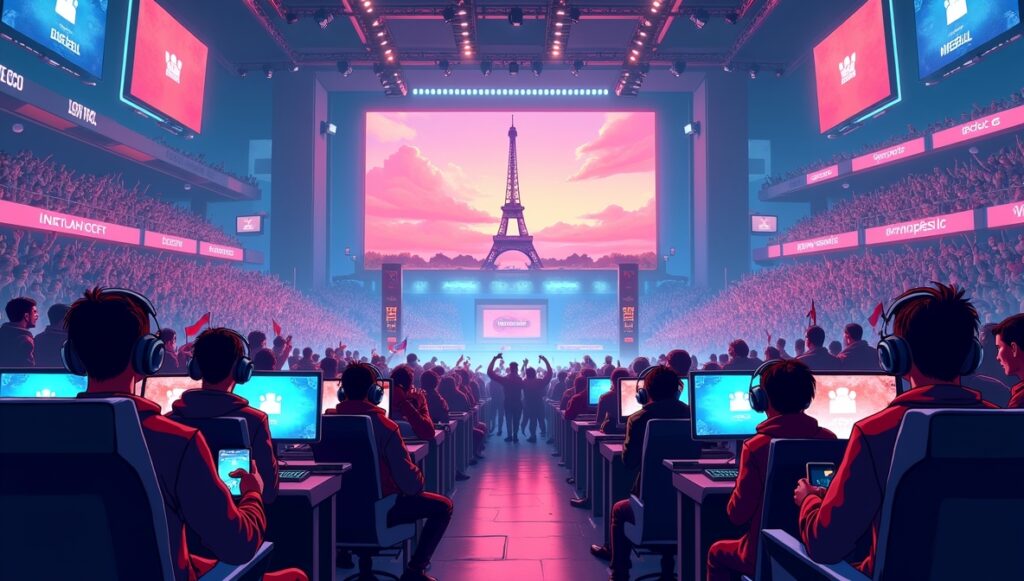Over the past decade, esports has exploded from a niche pastime into a mainstream global industry. What began as grassroots LAN tournaments in internet cafes has grown into sold-out arenas, multimillion-dollar prize pools, and global recognition. The Esports World Cup, now one of the most prestigious competitive events on the calendar, is a reflection of this massive growth.
But beyond the sponsorship deals and massive stages are stories that truly define esports: the stories of individuals who started with nothing, no money, no connections, just a dream, and worked their way to the top. These journeys from obscurity to stardom are not just entertaining; they are deeply inspiring for aspiring gamers across the globe. This article dives into the lives of some of the most iconic esports players, exploring how they went from “zero” to “Esports World Cup hero.”
Faker: The Face of League of Legends Esports
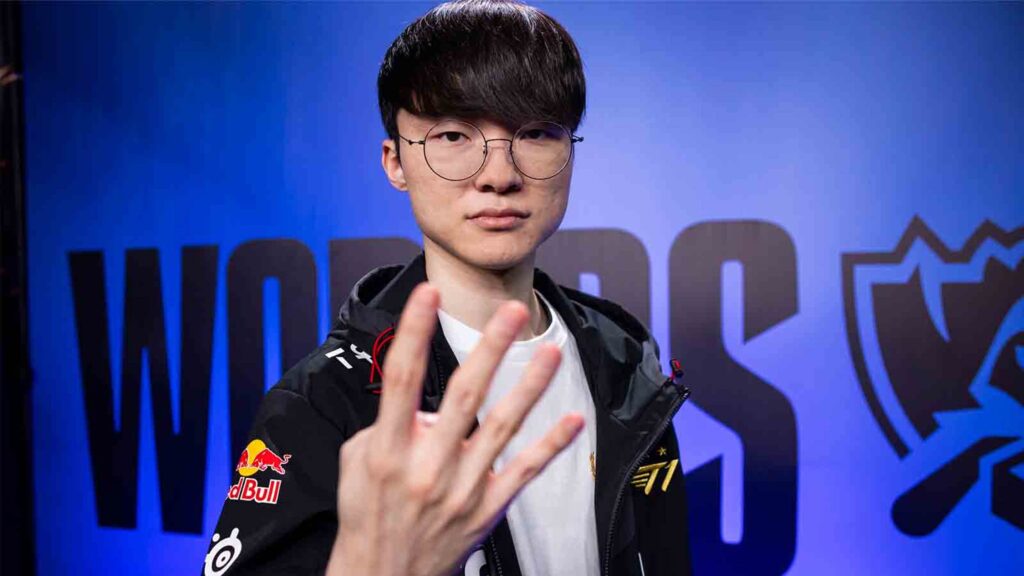
No conversation about esports legends is complete without mentioning Lee Sang-hyeok, better known as Faker. Born in Seoul, South Korea, Faker began his journey playing custom maps in Warcraft III before transitioning into League of Legends in his teenage years. His rapid rise caught the attention of SK Telecom T1 (now T1), where he debuted in 2013 at just 17.
Despite enormous expectations and pressure, Faker’s dedication, in-game intelligence, and unmatched mechanical skill helped lead his team to three World Championships (2013, 2015, and 2016). His mental resilience in the face of public scrutiny, paired with his unwavering focus, has made him the Michael Jordan of League of Legends.
Faker’s journey is that of a shy teen who, through endless practice and strategic brilliance, transformed into a symbol of excellence in competitive gaming. His story inspires legions of new players, proving that esports mastery is possible through relentless effort and deep passion for the game.
N0tail: A Dota 2 Champion Built on Teamwork and Resilience
While Faker may be the icon of LoL, Johan “N0tail” Sundstein is the undisputed king of Dota 2. Hailing from Denmark, N0tail began his career with Heroes of Newerth before transitioning to Dota 2. Unlike many top players who find success early, N0tail faced a series of setbacks, including team drama, underperformance, and roster instability.
But instead of giving up, he persisted. In 2015, he co-founded Team OG, building a squad based on friendship, synergy, and shared goals. That philosophy paid off. Under N0tail’s leadership, OG made history by winning The International in both 2018 and 2019, becoming the first team to do so back-to-back. To this day, OG remains the highest-earning Dota 2 team ever.
What sets N0tail apart is his mindset: humility in victory, introspection in defeat. His ability to rebuild from failure, mentor younger players, and keep morale high has made him a legendary leader. His journey is a shining example that success in esports isn’t just about individual talent, but also about resilience and collective strength.
TenZ: Overcoming Doubt in the Rise of Valorant
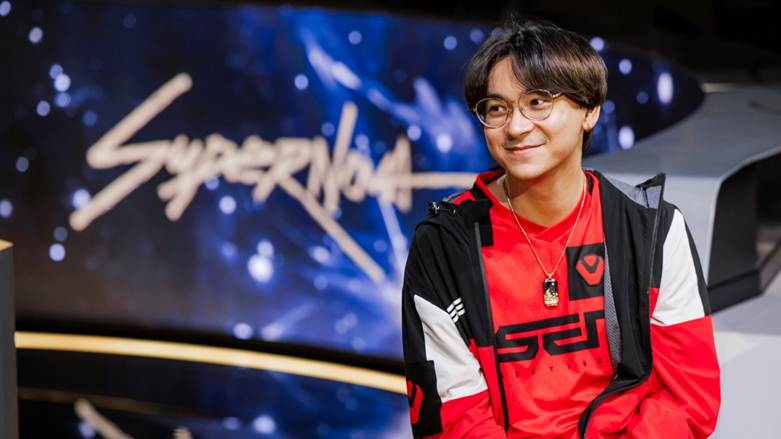
Tyson “TenZ” Ngo, a Canadian pro player, found fame through Valorant, Riot Games’ tactical FPS. Starting his career in Counter-Strike: Global Offensive, TenZ was initially doubted, benched, and even considered quitting professional play. But with the launch of Valorant, his luck changed.
He quickly became known for his jaw-dropping aim and flashy plays, signing with Sentinels as a stand-in during the Valorant Champions Tour 2021. Against all odds, he helped his team dominate the competition, securing an international title.
TenZ’s story isn’t just about in-game skill; it’s about battling mental health issues, dealing with social media pressure, and finding confidence through support systems. His transformation from benched rookie to world-class sharpshooter shows how determination and belief can turn things around, even when the world has written you off.
Arslan Ash: From Lahore Underdog to Tekken Legend
Arslan Siddique, better known as Arslan Ash, was born in 1995 in Lahore, Pakistan. His competitive journey began in humble arcades, grinding through Tekken 6 tournaments with limited resources and little recognition. In a region with few esports infrastructures, Arslan’s path was anything but easy.
Despite early wins, like the Tekken 6 Grand Masters Championship at just 15, he remained relatively unknown on the global stage. That changed in 2019 when Arslan shocked the world by winning both EVO Japan and EVO Las Vegas in the same year. Suddenly, a player from Lahore was defeating legends from Korea, Japan, and the U.S., all in one season.
Since then, Arslan has gone on to become a five-time EVO champion and won the Tekken World Tour Finals 2023, earning the rare distinction of a “Triple Crown” champion. His success has inspired a new generation of South Asian gamers, proving that with talent, grit, and perseverance, even the most underrepresented regions can produce world champions.
Bugha: From Casual Gamer to Fortnite World Cup Champion
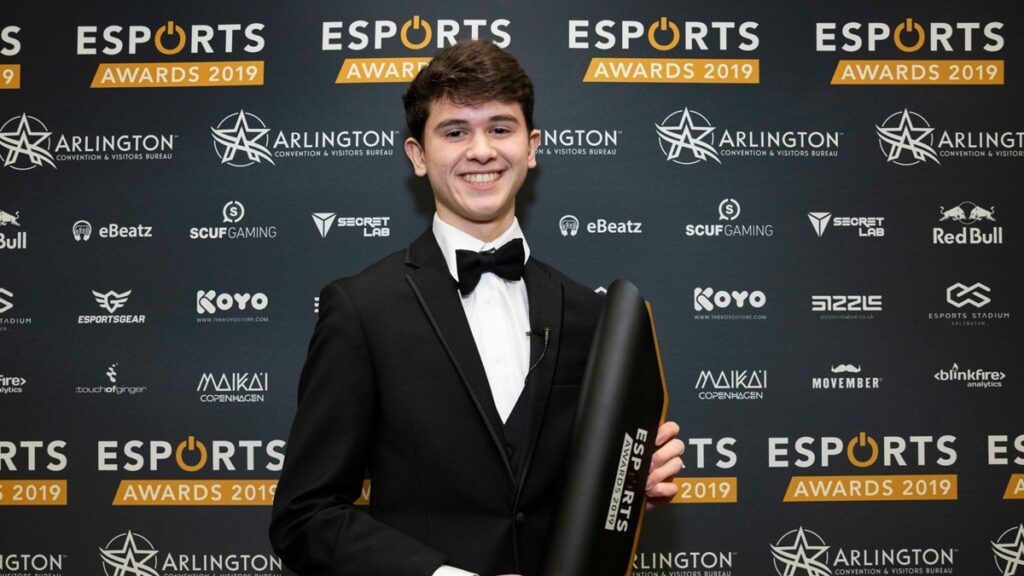
Kyle “Bugha” Giersdorf started his journey in rural Pennsylvania, casually playing Fortnite’s Save the World mode with family. What started as entertainment quickly turned into an obsession. As he honed his skills, he began competing in online qualifiers, quietly preparing for something much bigger.
In March 2019, he signed with Sentinels, a step that marked his formal entry into professional esports. Just a few months later, he qualified for the inaugural Fortnite World Cup, held at Arthur Ashe Stadium in New York.
On July 28, 2019, Bugha dominated the Solo Finals, beating 99 of the world’s best players and taking home the $3 million grand prize. His laser focus, cool demeanor, and unmatched consistency shocked fans and critics alike.
Since his historic win, Bugha has become a global icon, advocating for mental health in gaming and encouraging young players to stay grounded. His story shows how raw passion, even from a small-town setting, can lead to gaming greatness.
Keria: From Solo Queue Star to League of Legends World Champion
Ryu “Keria” Min-seok, born in 2002 in Busan, South Korea, fell in love with League of Legends in early childhood, spending hours at PC bangs (LAN cafes). Inspired by support legend MadLife, Keria climbed from bronze to Challenger in just six months, displaying an uncanny knack for playmaking and map control.
His talents didn’t go unnoticed. In 2018, he joined DRX as a trainee and made his pro debut in 2020. Just a year later, he signed with T1, teaming up with League’s greatest icon, Faker.
With T1, Keria quickly established himself as the best support player in the world. He helped secure the LCK Spring 2022 title, followed by back-to-back World Championship wins in 2023 and 2024, and an Esports World Cup victory.
Nicknamed the “Genius Monster,” Keria made history by becoming the first support to win LCK MVP, and continues to collect All-Pro honors. His meteoric rise proves that with the right blend of early passion, mentorship, and mental resilience, even support players can become global superstars.
Key Traits Shared by Esports Success Stories

Though the games, genres, and personalities differ, players who go from “zero to hero” often share certain traits that set them apart from the competition:
1. Relentless Practice
Top esports athletes often train 10-12 hours per day, focusing on micro-skills, communication, and strategy. It’s this commitment that allows them to remain sharp in high-pressure environments.
2. Adaptability
In dynamic competitive games like Dota 2, League of Legends, and Fortnite, the meta shifts constantly. Successful players are those who can quickly adapt, learn from defeats, and stay ahead of the curve.
3. Support Networks
Behind every great player is a support system: coaches, teammates, families, and fans who encourage and uplift them during tough times. Mental health resources are becoming more prevalent in modern esports organizations, helping players handle burnout and stress.
4. Passion and Purpose
Perhaps most importantly, successful players are passion-driven, not just motivated by money or fame. They play because they love the game, and that emotional investment fuels their rise.
The Esports World Cup: A Global Stage for Modern Legends
The Esports World Cup is quickly becoming the ultimate proving ground for competitive gamers across multiple titles, from League of Legends and Dota 2 to Fortnite, Rocket League, and more. For many aspiring players, it represents the pinnacle of their dreams.
Beyond the prize pools and sponsorships, the EWC showcases new narratives every year: the unknown underdog who defeats a fan favorite, the veteran making a comeback, or the young prodigy playing in front of millions for the first time. These stories fuel the soul of esports, making every match more than just a game.
The rise of “zero to hero” players at the EWC shows how truly democratic esports can be, where skill, not background or wealth, determines your path. The global accessibility of online games and platforms like Twitch, YouTube, and Discord allows talented players from any region to shine.
Why These Stories Matter
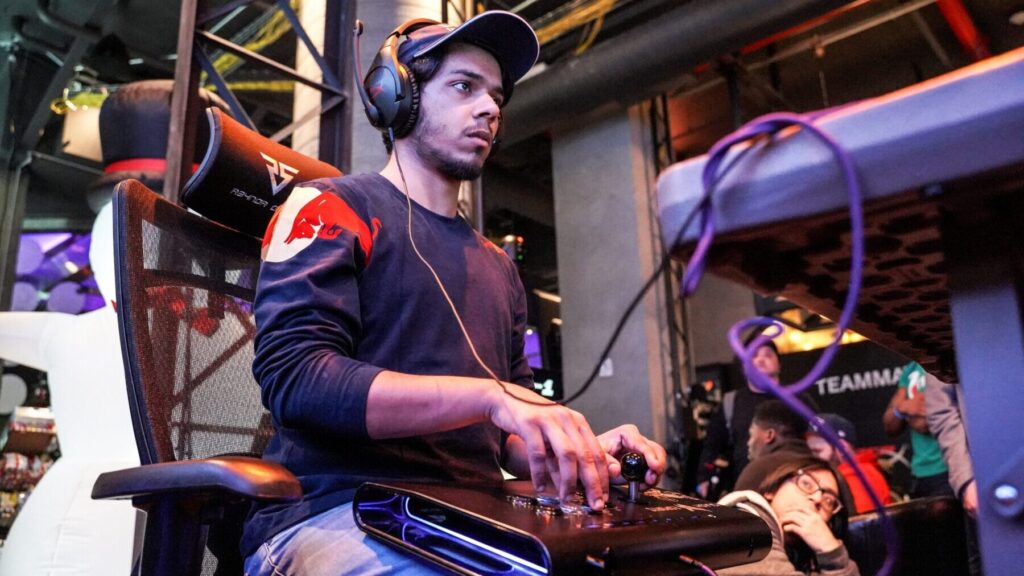
While traditional sports have always celebrated the underdog narrative, esports adds a digital twist. Players don’t need physical facilities, expensive equipment, or elite training programs to begin. All they need is a device, an internet connection, and raw passion.
The journeys of Faker, N0tail, and TenZ aren’t just success stories; they’re roadmaps. They teach young gamers that progress is possible, that failure isn’t the end, and that greatness is earned one decision at a time.
Moreover, these stories humanize professional gamers. Fans relate not just to their achievements but to their struggles, vulnerabilities, and comebacks. In a world saturated with online content, authenticity resonates more than ever, and nothing is more authentic than the story of someone who climbed from the bottom to the very top.
Conclusion: From Zero to Hero: A Journey Worth Taking
Esports may be about frames per second, kill-to-death ratios, and win streaks, but at its heart, it’s about people; people with dreams, fears, and fire in their hearts. The journey from unknown amateur to Esports World Cup hero is one paved with dedication, setbacks, and triumphs.
As esports continues to evolve, more heroes will emerge; some from cities already known for gaming, others from unlikely corners of the globe. What remains constant is the power of storytelling in shaping the industry.
Whether you’re grinding ranked games every night, coaching a youth team, or just a fan cheering from the sidelines, remember this: today’s zero could be tomorrow’s champion. In the digital arenas of esports, greatness is always just a game away.
Read the hottest in-depth Esports Guides on Tournova.
FAQs
Can someone become a pro esports player without being part of a major team or organization?
Yes, many players get discovered through online ladders, ranked leaderboards, or by streaming their gameplay. Platforms like Twitch, YouTube, FACEIT, and Battlefy offer opportunities for visibility. Some esports tournaments even allow solo qualifiers or open brackets where unsigned players can compete directly against professionals. Joining a major team helps, but it’s not a requirement to begin a successful journey.
What kind of careers can former pro esports players pursue after retirement?
Former esports athletes often transition into coaching, shoutcasting, game design consultation, team management, or content creation. Some become brand ambassadors or start their own esports academies. A few even move into mainstream media or entrepreneurship within the gaming industry. The skills developed in pro play, strategy, communication, and discipline translate well to other roles in the esports ecosystem.
Are there training academies or schools for aspiring esports players?
Yes, several countries now offer specialized esports academies and training programs. Examples include Gen.G Elite Esports Academy (South Korea), British Esports Federation’s National Esports Performance Campus (UK), and even high school or university esports teams in North America and parts of Europe. These programs provide structured coaching, physical fitness, mental health support, and competitive opportunities for young players.
